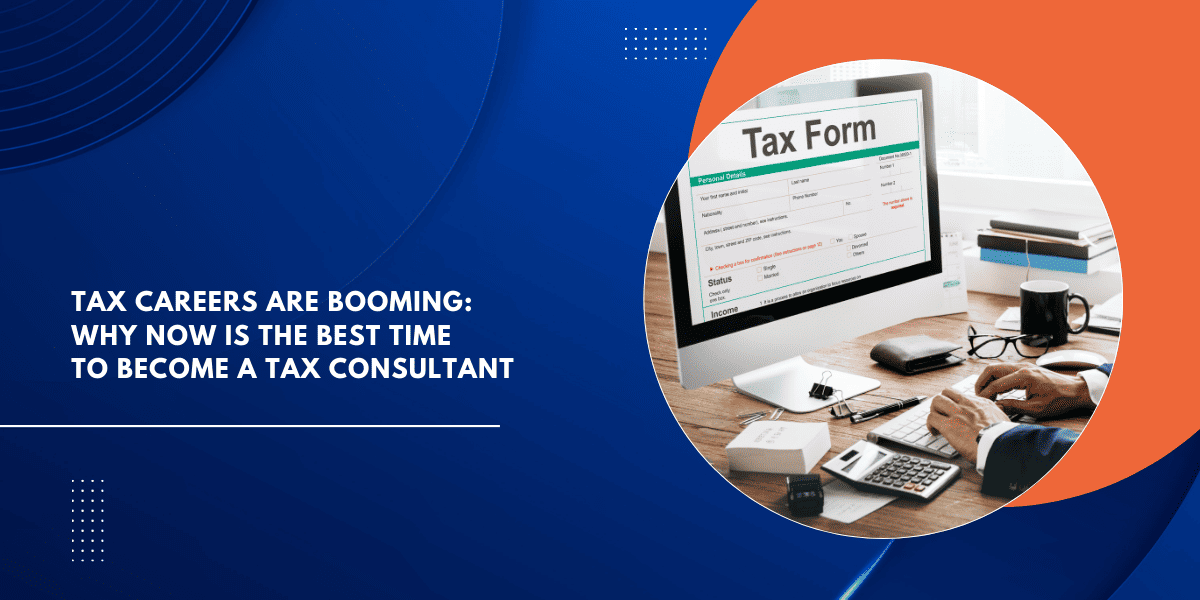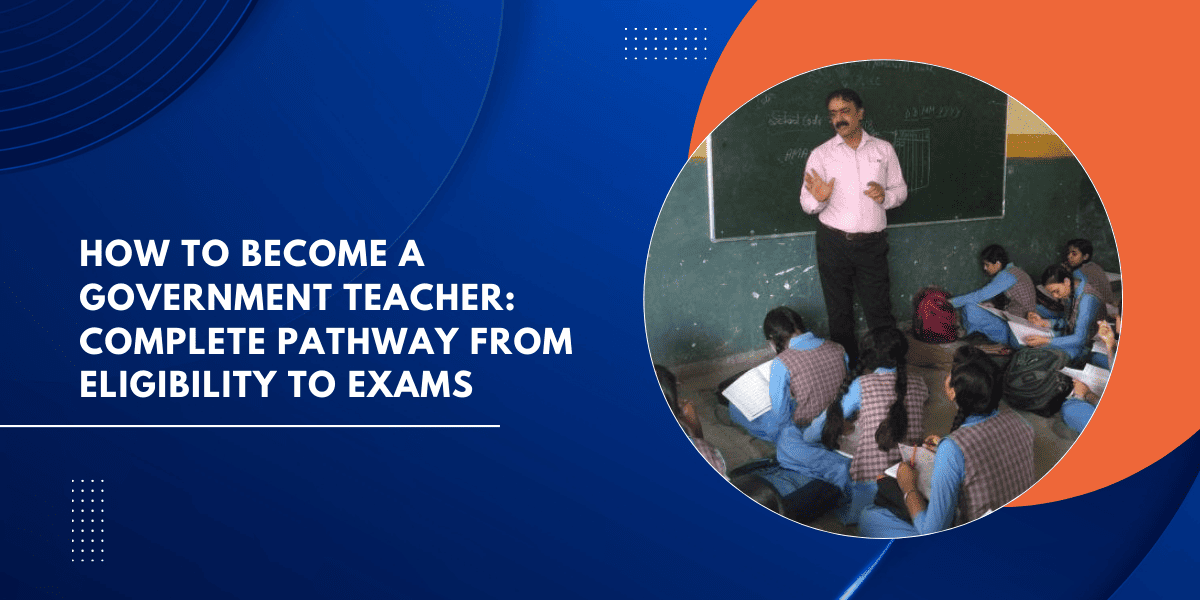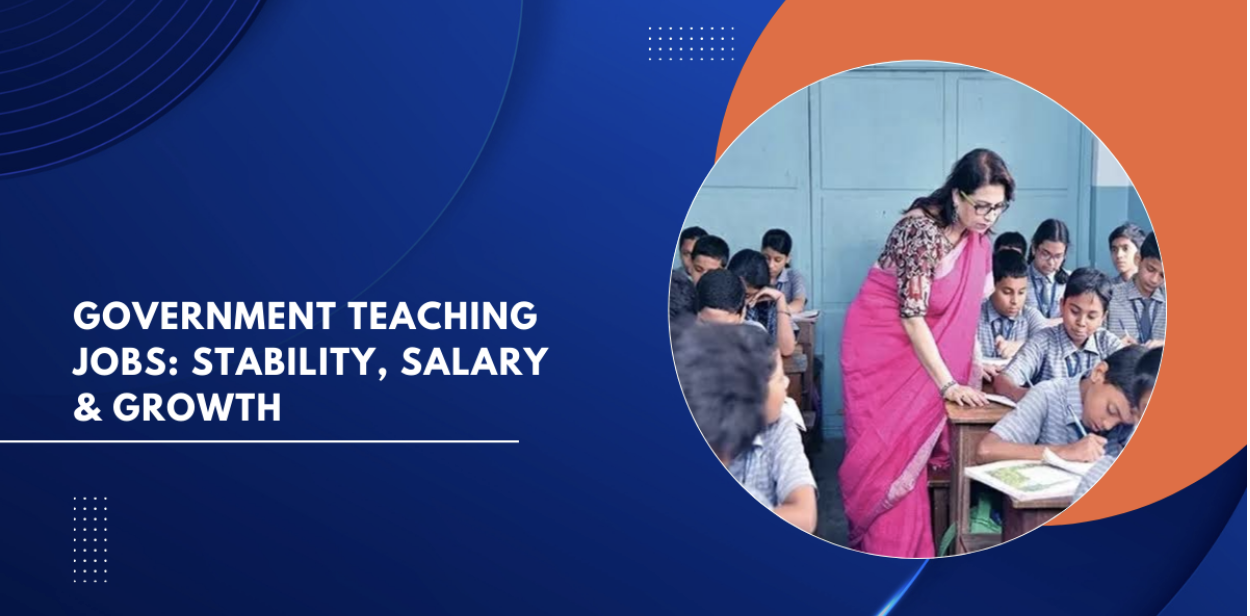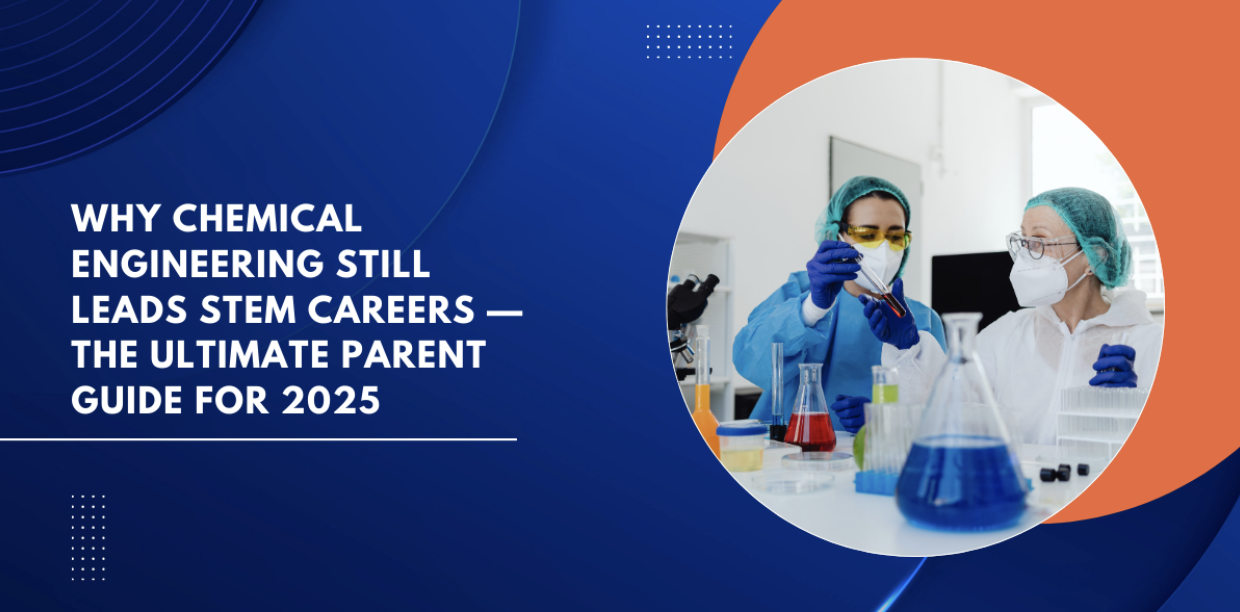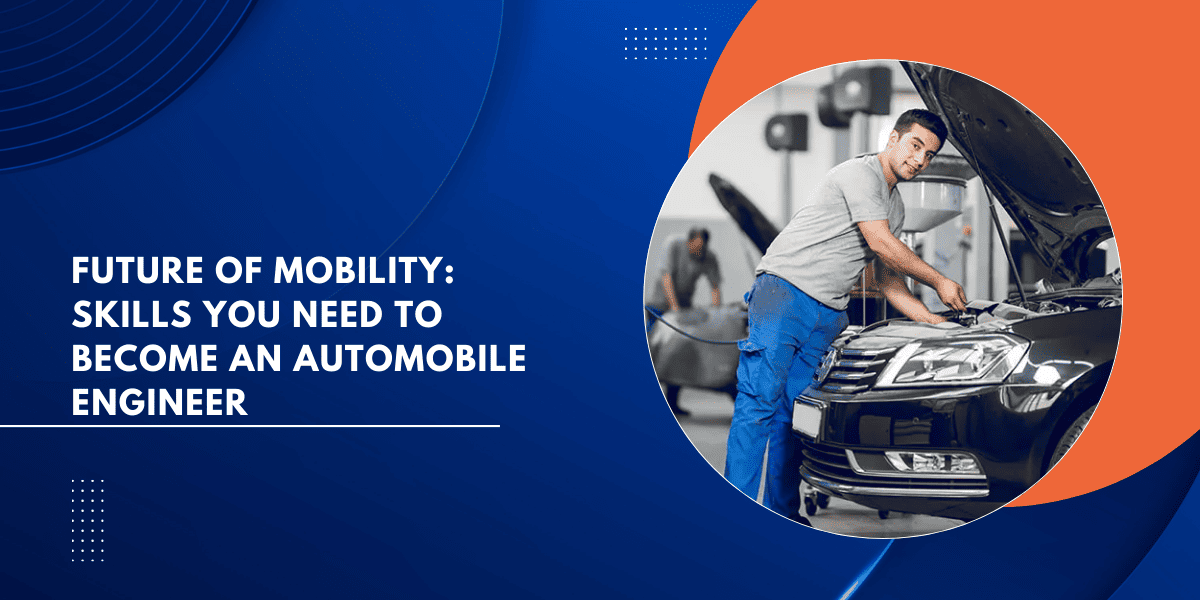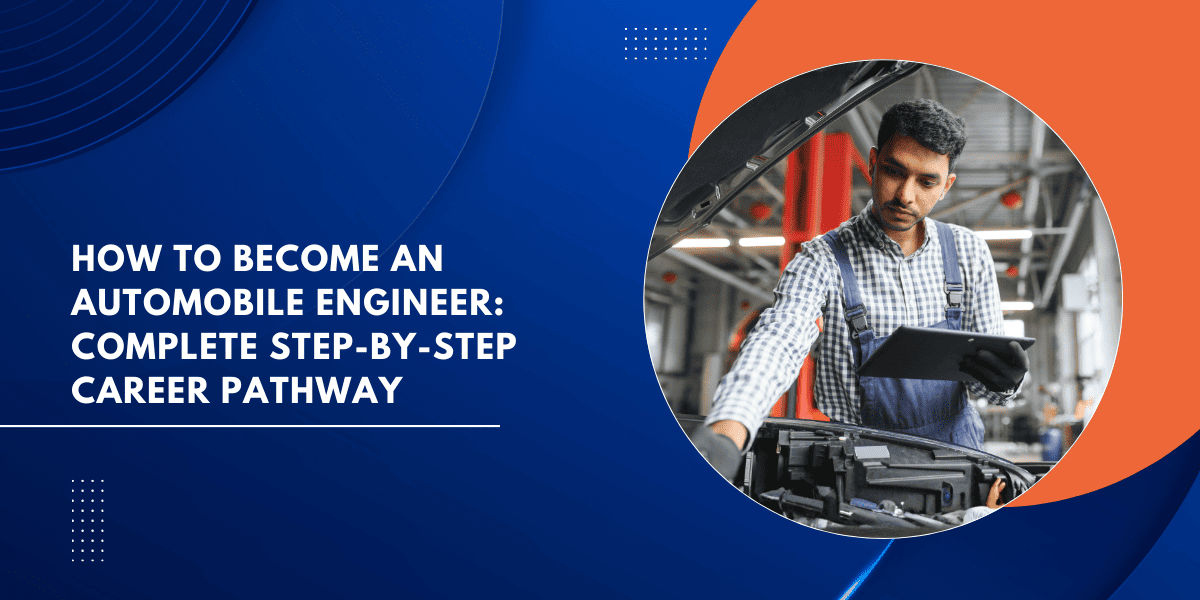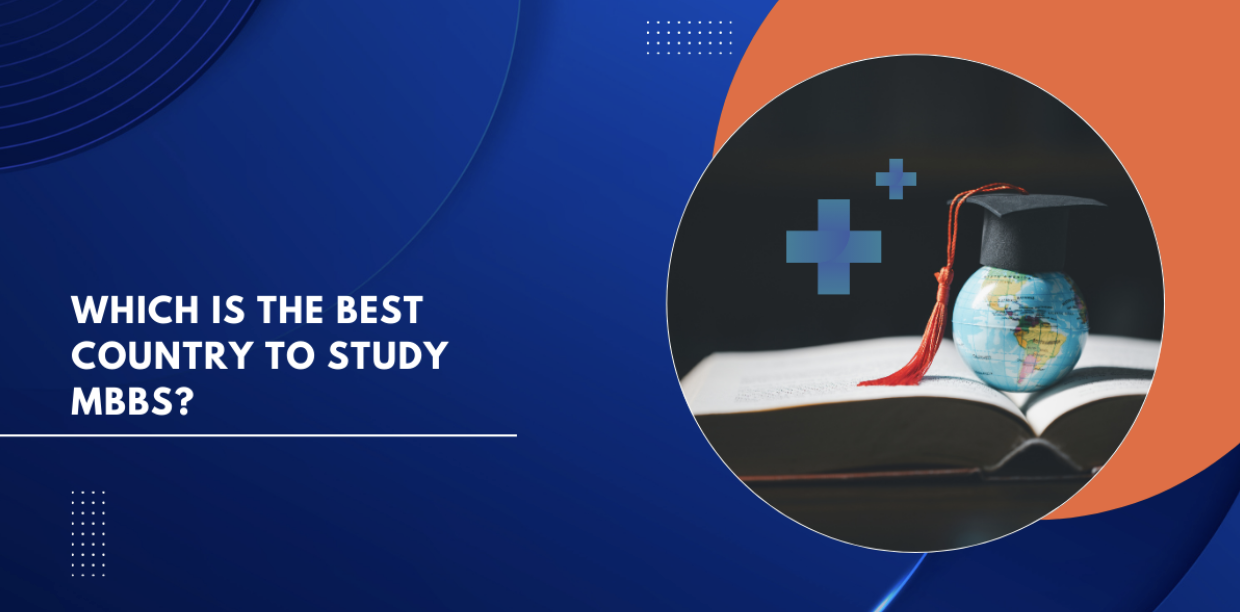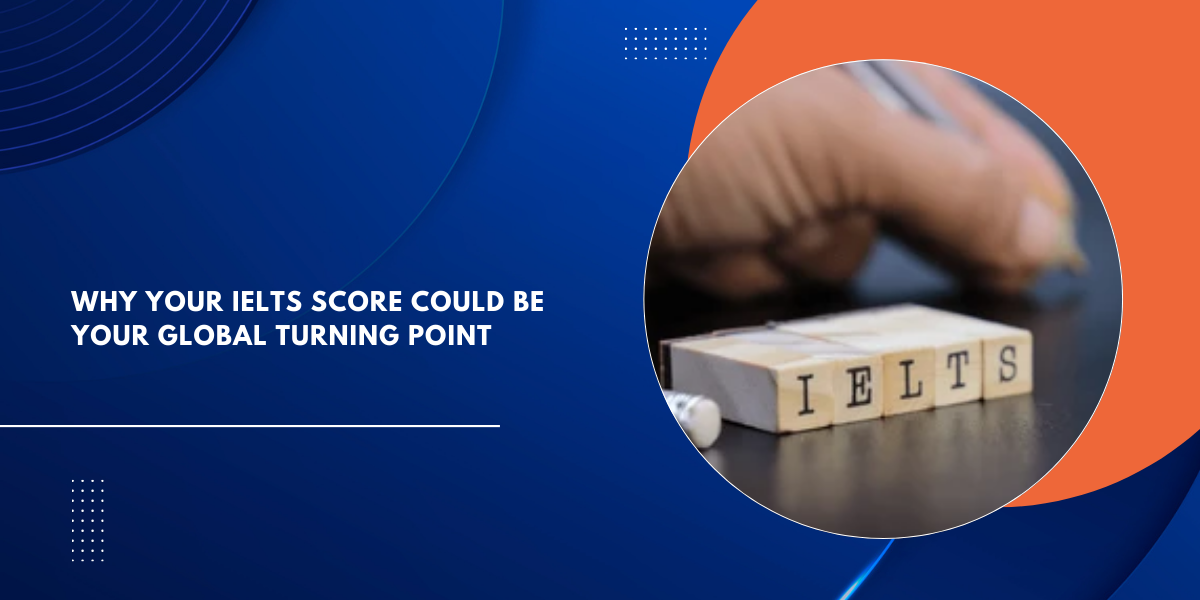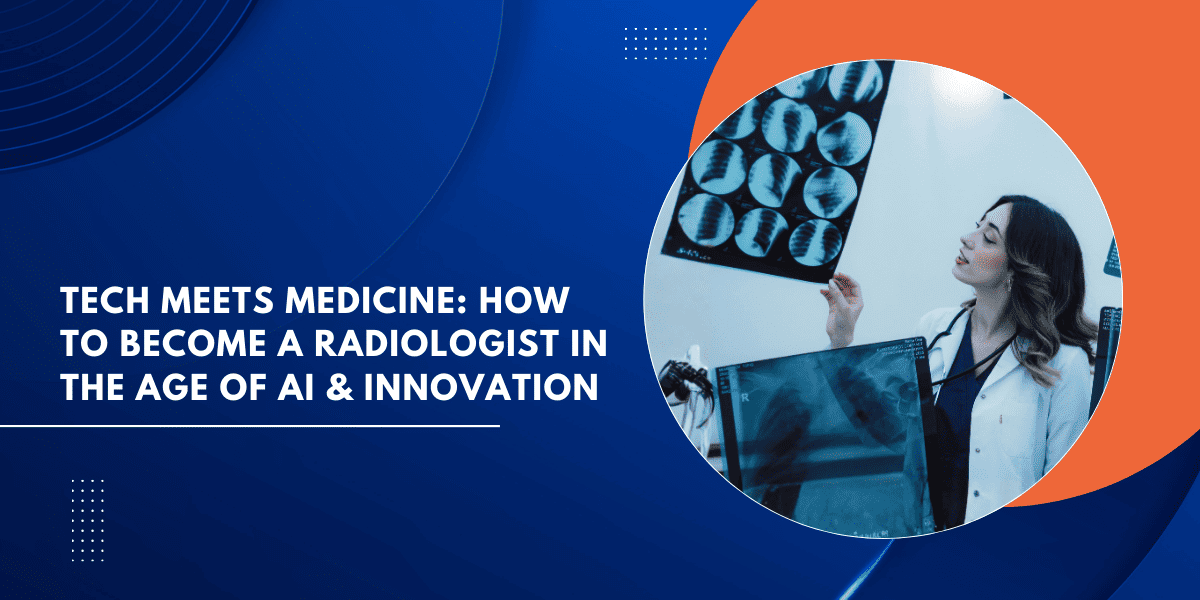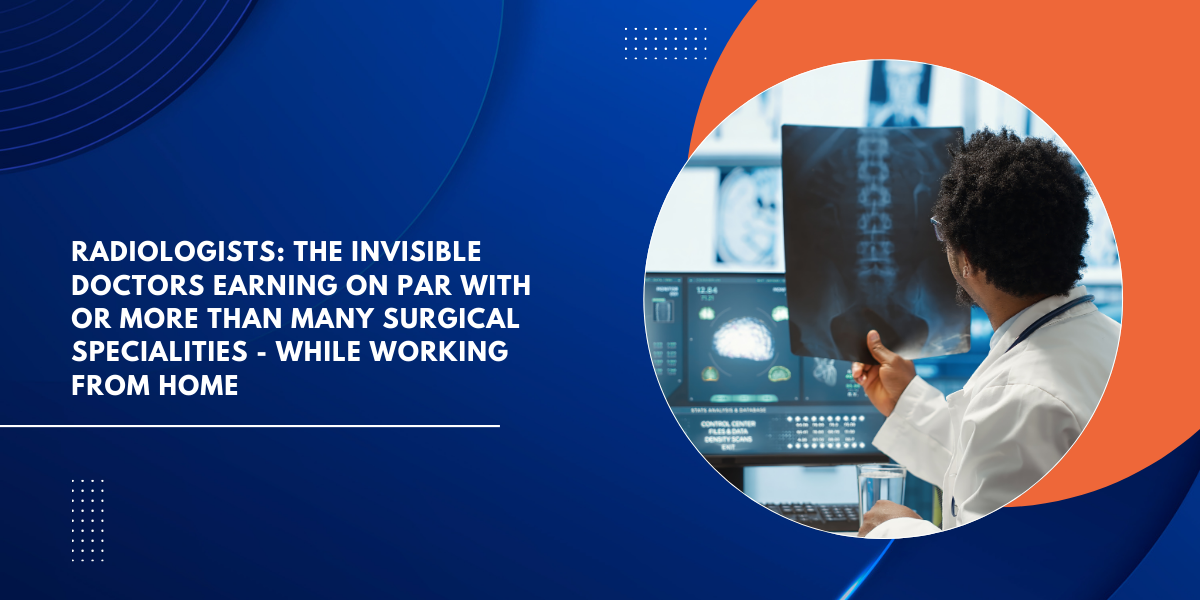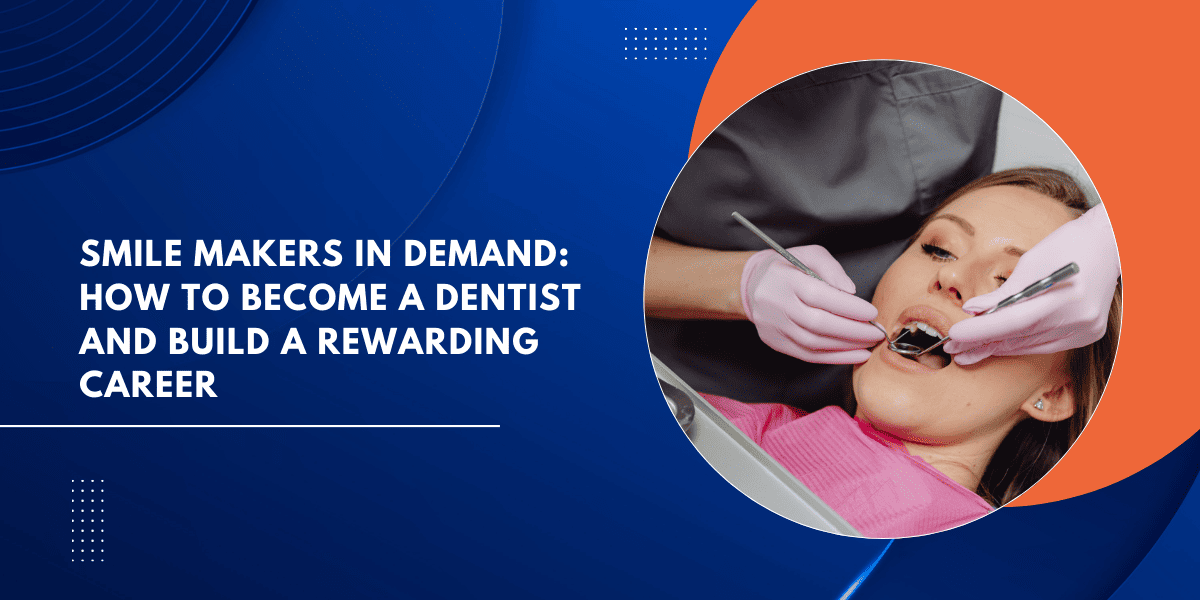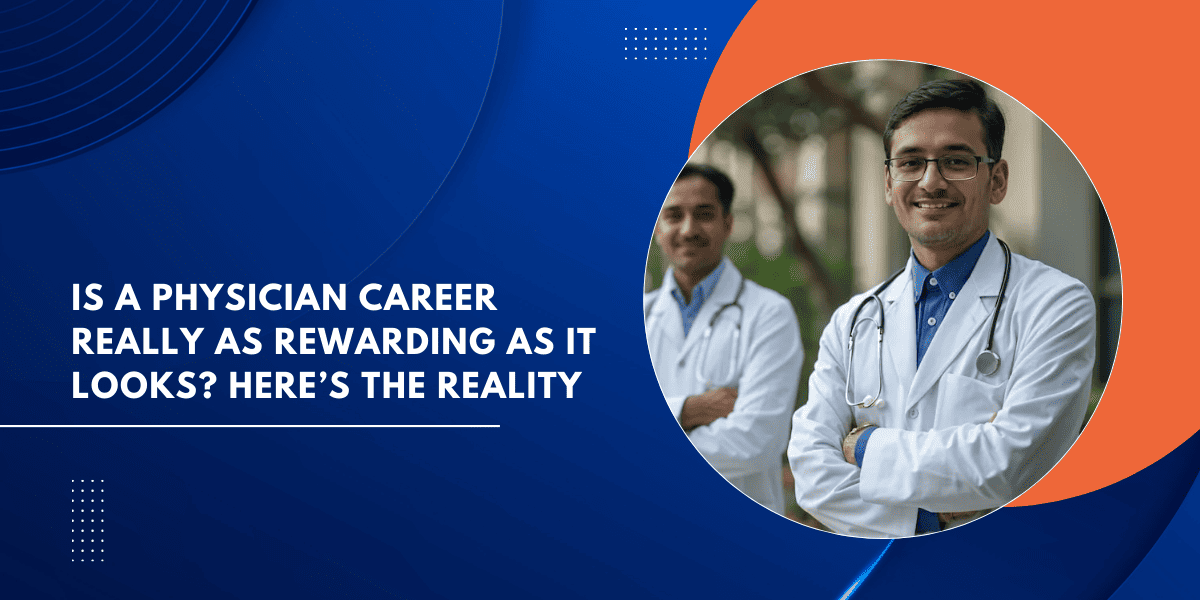Introduction to the Career
We are in the AI era, and I’ve seen firsthand how technology is transforming HR. A 2024 study by AllaboutAI found that 54% of HR departments across 100 surveyed companies have already integrated AI tools to automate processes like recruitment and employee engagement.
Imagine a world where hiring managers no longer sift through hundreds of resumes manually, and instead, AI-driven systems identify the best candidates in seconds. Sounds futuristic? It’s already happening! AI-driven recruitment is revolutionizing the hiring process by enhancing efficiency, reducing biases, and predicting candidate success with data-driven insights.
In my opinion, HR professionals’ role is much more than just recruitment—they are the architects of workplace success, shaping business growth through strategic talent management. Their work goes beyond hiring; it involves workforce planning, employee engagement, etc. With AI-driven insights and technology, they can make more informed decisions, build agile teams, and drive meaningful change in the workplace.
As businesses increasingly adopt AI-driven recruitment tools, the demand for professionals skilled in both AI and HR technology is skyrocketing. While AI excels at automating repetitive tasks and optimizing hiring decisions, it cannot replace the human touch needed for areas like employee relations, workplace culture, and complex decision-making. HR professionals remain essential for fostering engagement, managing conflicts, and ensuring ethical hiring practices.
If you’re passionate about HR, AI, and data analytics, this field offers tremendous growth opportunities and long-term career stability. With the right skills, certifications, and industry knowledge, you can position yourself as a leader in this evolving space.
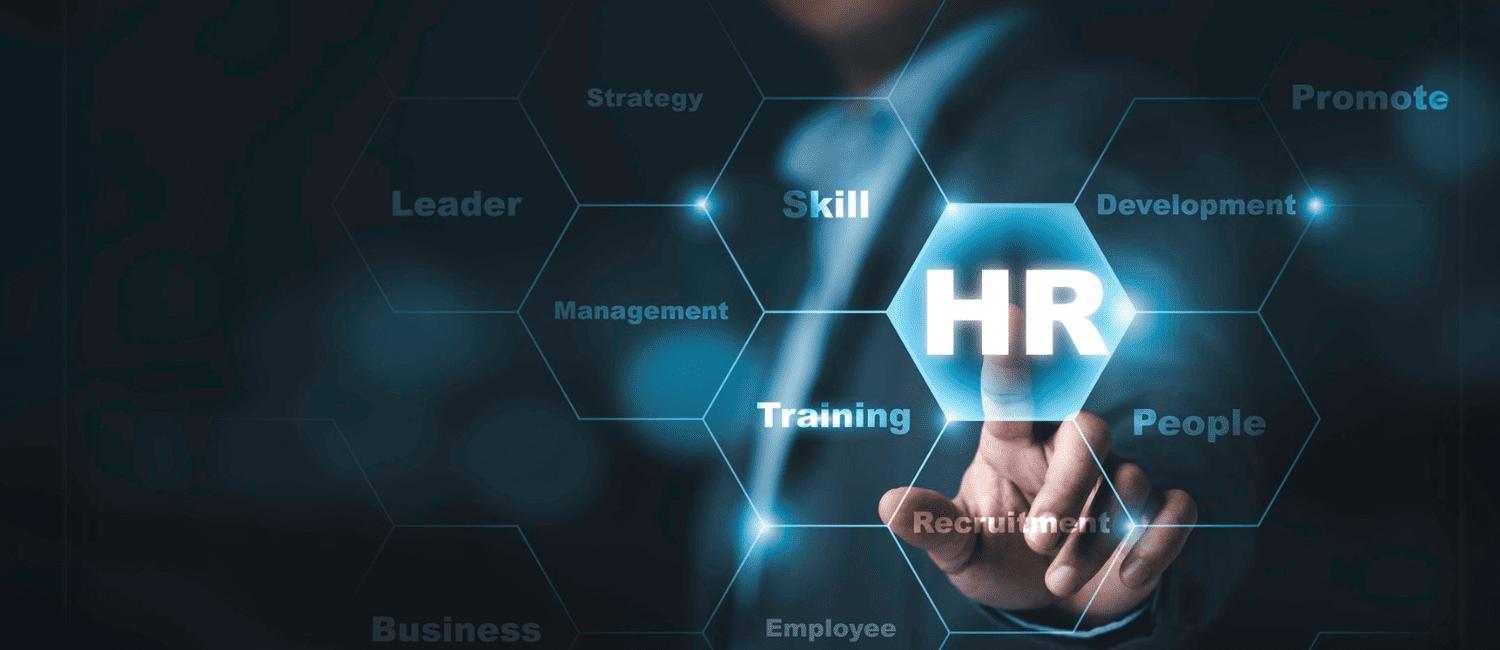
Key Responsibilities & Work Environment
HR professionals in AI-powered recruitment are vital to the alignment of business objectives and workforce strategies. Though AI brings about efficiency, human expertise is still needed in decision-making, compliance, and in promoting a positive work environment. Some of the most important tasks include:
Key Responsibilities:
- Workforce Planning: Forecasting talent needs, identifying skill gaps, and ensuring the
- right people are in the right jobs.
- Employee Engagement: Enhancing employee satisfaction and retention through AI-driven feedback mechanisms and engagement programs.
- Performance Optimization: Using HR analytics to monitor employees’ productivity, identify areas for improvement, and implement AI-driven performance management solutions.
- Compensation Strategies & Compliance: Designing competitive compensation packages while ensuring compliance with labor laws and AI regulations in hiring.
- HR Analytics: Leveraging AI-driven insights to make data-informed talent acquisition and management decisions.
- Creating a Thriving Organizational Culture: Promoting diversity, equity, and inclusion (DEI) through the use of AI tools without sacrificing a strong company culture that prioritizes employee well-being.
Work Environment:
The work environment for HR professionals can vary significantly depending on the industry and organization. Here’s a closer look at what to expect:
Office-Based Roles: Most HR professionals in corporate HR departments or recruitment agencies work in office settings during regular business hours. These roles often involve collaborating with hiring managers, conducting interviews, and managing candidate data using AI-driven tools.
Remote & Hybrid Opportunities: With the rise of AI platforms, many HR roles now offer flexible work arrangements. Professionals can manage tasks like screening candidates, scheduling interviews, and tracking recruitment metrics from anywhere with an internet connection.
Travel Requirements: While some HR roles are office-based, others—especially in talent acquisition or executive hiring—may involve occasional travel for networking events, campus recruitment drives, or industry conferences.
Collaborative Work Culture: Whether in-office or remote, HR professionals frequently engage with cross-functional teams like marketing, IT, and leadership to ensure recruitment strategies align with company goals.
As AI continues to transform recruitment processes, HR professionals must balance technical expertise with human connection—leveraging technology to improve efficiency while maintaining the empathy and relationship-building skills that are crucial in talent management.
The key to success? Staying adaptable and embracing continuous learning to thrive in this evolving landscape.
Educational Pathways & Required Qualifications
A career in HR requires a solid educational foundation in human resource management, business administration, psychology, or related fields. While formal education provides a strong theoretical base, practical experience, certifications, and continuous learning play a crucial role in advancing in the HR profession.
Stage | Degree/Qualification | Duration | Institutes/Universities (Examples) |
Undergraduate | BBA in HR Management | 3 years | NMIMS, Christ University, Symbiosis, Delhi University |
B.Com/B.A. in HR/Industrial Relations | 3 years | Mumbai University, Bangalore University, JNU | |
Postgraduate | MBA in HR/Organizational Behavior | 2 years | IIMs, XLRI, TISS, MDI Gurgaon, Symbiosis |
PGDM in HR Management | 2 years | XLRI, NMIMS, MDI, IIFT | |
Master’s in Industrial Relations/Psychology | 2 years | TISS, Delhi University, JNU | |
Certifications | SHRM-CP, PHR, CHRP, HRCI, CIPD | Varies | SHRM, HRCI, LinkedIn Learning, Coursera |
Doctorate | PhD in HR, Organizational Behavior, Industrial Relations | 3-5 years | IIMs, IITs, TISS, JNU |
Relevant Entrance Exams for HR Professionals
Exam Name | Conducted by | When | Format | Subjects | Duration | Total Questions | Mode |
CAT (Common Admission Test) | IIMs | November | MCQs & TITA | VARC, DILR, QA | 2 hours | 66 | Computer-based |
XAT (Xavier Aptitude Test) | XLRI | January | MCQs | DM, QA, VARC, GK | 3 hours | 100 | Computer-based |
TISSNET (Tata Institute of Social Sciences) | TISS | January-February | MCQs | English, Maths & LR, GK | 1 hour 40 min | 100 | Computer-based |
MAT (Management Aptitude Test) | AIMA | 4 times a year | MCQs | Language, Maths, Reasoning, GK | 2 hours 30 min | 200 | Paper/Computer-based |
SNAP (Symbiosis National Aptitude Test) | Symbiosis International University | December | MCQs | English, Reasoning, QA | 1 hour | 60 | Computer-based |
GMAT (Graduate Management Admission Test) | GMAC | Year-round | MCQs & Analytical Writing | Verbal, Quant, IR, AWA | 2 hours 15 min | 64 | Computer-based |
UGAT (Under Graduate Aptitude Test) | AIMA | May-June | MCQs | English, Maths, Reasoning, GK | 2 hours | 130 | Paper-based |
Certifications & Specializations (For Competitive Edge)
Want to stay ahead in the ever-evolving world of HR? Consider adding some specialized certifications to your toolkit—they’re a great way to keep up with the latest trends and sharpen your skills!
AI & Machine Learning in Recruitment
These certifications cover AI-powered hiring processes, resume screening, chatbot automation, and predictive analytics in talent acquisition.
Certification | Duration | Best Institutions | Approx. Cost (INR) |
AI for HR & Recruitment | 2-4 months | AIHR (Academy to Innovate HR) | ₹60,000–₹80,000 |
AI & Machine Learning in HR | 4-6 months | edX, SHRM, Coursera | ₹41,000–₹1,65,000 |
Artificial Intelligence in Talent Acquisition | 2-3 months | Udemy, LinkedIn Learning, AIHR | ₹10,000–₹50,000 |
AI in Hiring & People Analytics | 3-6 months | MIT Sloan, IIM Kozhikode, XLRI | ₹80,000–₹2,00,000 |
HR Analytics & Data-Driven Recruitment
For professionals looking to integrate AI into data-driven decision-making and predictive hiring.
Certification | Duration | Best Institutions | Approx. Cost (INR) |
HR Analytics & AI-Driven Decision Making | 3-6 months | XLRI, IIM Bangalore, Coursera | ₹50,000–₹1,50,000 |
People Analytics & AI for HR | 2-4 months | AIHR, Wharton, Harvard Online | ₹75,000–₹2,20,000 |
Predictive HR Analytics | 2-3 months | Udemy, LinkedIn Learning, AIHR | ₹10,000–₹40,000 |
Automation & Chatbots in Recruitment
These certifications focus on using AI-driven chatbots, automation, and NLP (Natural Language Processing) for hiring.
Certification | Duration | Best Institutions | Approx. Cost (INR) |
AI Chatbots for HR & Recruiting | 1-3 months | Udemy, Coursera, AIHR | ₹5,000–₹30,000 |
Automating HR with AI & RPA (Robotic Process Automation) | 2-4 months | edX, UiPath Academy, AIHR | ₹40,000–₹1,20,000 |
Choosing the Right Certification
- For AI in Hiring & People Analytics: Choose MIT Sloan, IIMs, or AIHR programs.
- For HR Automation & Chatbots: Look for certifications in AIHR, UiPath, or LinkedIn Learning.
- For AI & ML in HR: Consider courses from edX, SHRM, or Wharton.
These certifications will help HR professionals leverage AI to streamline recruitment, reduce hiring bias, enhance candidate experience, and make data-driven hiring decisions.
Necessary Soft-Skills & Technical Abilities
From my experience, success in HR—especially in AI-driven recruitment—comes down to a blend of people skills and technical know-how. While AI can streamline processes and improve efficiency, it’s still human judgment that ensures fair decision-making, ethical hiring practices, and a great candidate experience. HR professionals who can balance data-driven insights with strong communication, empathy, and adaptability will stand out in this evolving field.
Soft Skills:
- Critical Thinking: The ability to assess AI-generated insights and make informed decisions, ensuring recruitment processes remain fair and unbiased.
- Communication & Negotiation: Strong verbal and written communication skills help in candidate engagement, employer branding, and working with cross-functional teams.
- Ethical Decision-Making: Understanding AI ethics in hiring is crucial to prevent biases and ensure diversity and inclusion.
- Problem-Solving: Quickly identifying and resolving issues in AI-driven systems and workflows is key to ensuring smooth recruitment operations.
- Adaptability to AI Innovations: The recruitment industry is rapidly evolving, so being open to learning new tools and strategies will help professionals stay ahead.
Technical Abilities: AI Tools Transforming HR
HR professionals leveraging AI-driven tools can optimize hiring, workforce planning, and employee engagement with greater efficiency. Here are some of the top AI tools shaping the HR industry today:
AI-based Applicant Tracking Systems (ATS)
Modern AI-powered ATS platforms streamline candidate sourcing, screening, and hiring decisions. Some of the most effective tools include:
- HireVue – Uses AI-driven video interviews and predictive analytics to assess candidate suitability.
- Pymetrics – Applies neuroscience and AI for unbiased talent matching based on cognitive and emotional traits.
- Eightfold AI – A talent intelligence platform that offers deep learning algorithms to improve hiring decisions.
- iCIMS Talent Cloud – Enhances recruitment marketing, ATS, and AI-driven hiring workflows to ensure top candidate selection.
HR Chatbots & Automation Tools
AI-powered chatbots revolutionize recruitment and employee support by automating repetitive tasks and improving engagement. Key tools include:
- Paradox Olivia – An AI recruitment assistant that automates screening, interview scheduling, and candidate engagement.
- XOR – Uses AI-powered chatbots to pre-screen candidates, conduct video interviews, and manage hiring workflows.
- X0PA AI – A predictive hiring and bias-free recruitment tool that helps HR teams make data-driven hiring decisions.
HR Analytics & Workforce Planning Tools
HR analytics tools help organizations analyze workforce trends, predict hiring needs, and enhance decision-making. Some leading AI-driven workforce analytics solutions include:
- Visier – An advanced workforce analytics platform that helps HR leaders make data-driven workforce decisions.
- IBM Watson People Analytics – Leverages AI to uncover patterns in employee data and improve workforce planning.
- Tableau HR Dashboards – Provides interactive data visualizations to track recruitment performance, turnover trends, and employee satisfaction.
AI-driven Employee Engagement & Experience Tools
Enhancing employee engagement with AI-driven platforms can lead to improved job satisfaction and retention rates. Some of the most innovative tools include:
- Peachy Mondays – Uses AI sentiment analysis to collect and analyze employee feedback in real time.
- Culture Amp – A predictive people analytics platform that helps businesses track engagement and drive culture initiatives.
- Humu – Uses AI-powered behavioral science to send personalized recommendations that enhance workplace productivity and culture.
AI Ethics & Compliance Tools
With AI playing a critical role in recruitment, ensuring compliance with hiring regulations and ethical AI use is vital. Tools that help HR teams maintain ethical standards include:
- Textio – Uses AI to analyze job descriptions and prevent biased or exclusionary language.
- FairHire – Ensures diversity and compliance by using AI-driven anonymized candidate screening.
- EEOC & GDPR Compliance Solutions – AI-powered auditing tools help HR teams stay compliant with employment laws, anti-bias policies, and data privacy regulations.
By integrating these cutting-edge AI solutions, HR professionals can drive efficiency, reduce hiring biases, and enhance the overall employee experience. Staying ahead of AI trends in HR technology will not only future-proof careers but also create a more data-driven and equitable hiring process.
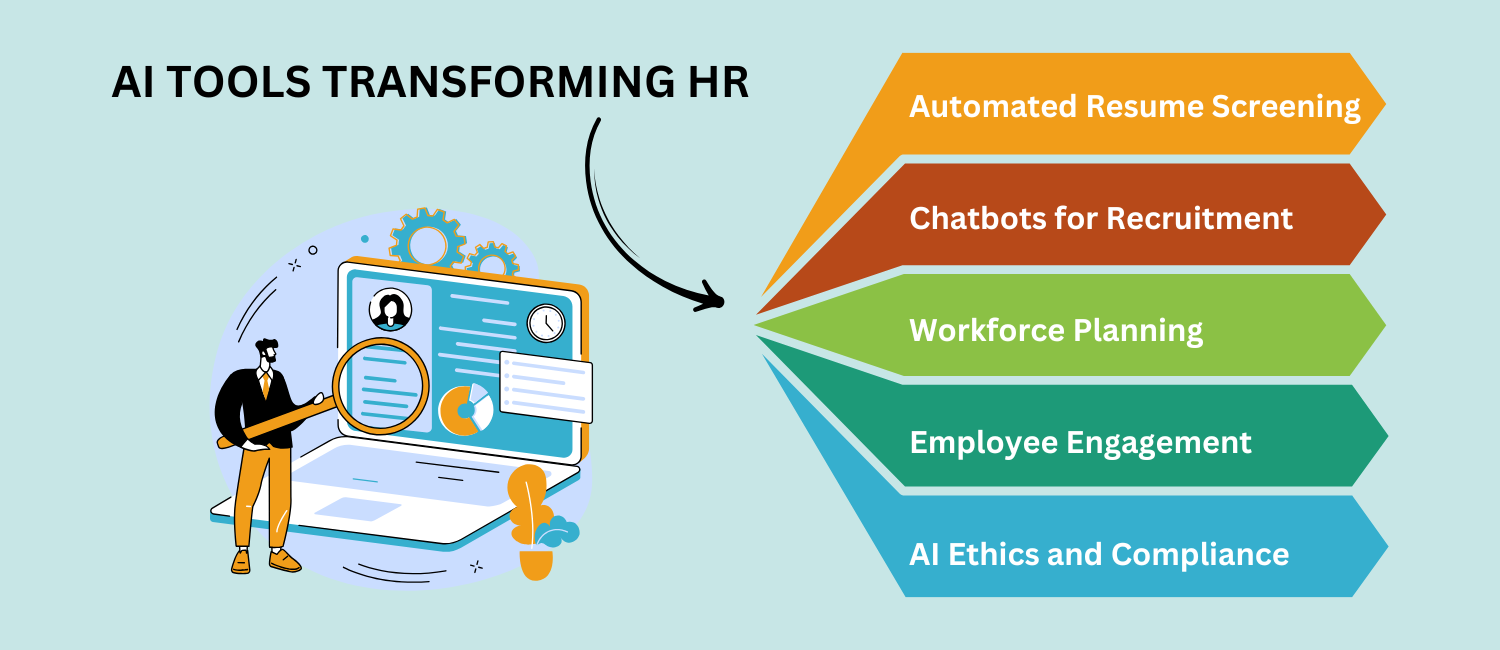
Career Progression & Growth Opportunities
HR professionals in AI-driven recruitment have diverse career paths with ample opportunities for growth. Starting as a Recruitment Analyst or AI HR Associate, you’ll gain hands-on experience in talent acquisition, workforce analytics, and HR technology. As you develop expertise, you can move into specialized and leadership roles such as:
- Talent Acquisition Manager: Leading recruitment strategies, leveraging AI tools, and ensuring top talent is hired efficiently.
- HR Business Partner: Collaborating with leadership to align talent management strategies with business goals.
- AI Recruitment Consultant: Advising organizations on integrating AI-driven hiring solutions while maintaining human oversight.
- HR Tech Product Manager: Managing AI-powered HR software and ensuring technology meets business needs.
- Director of Talent Analytics: Using data-driven insights to optimize workforce planning and recruitment effectiveness.
- Chief Human Resources Officer (CHRO): Overseeing company-wide HR strategies and driving innovation in talent management.
With continuous learning and upskilling, HR professionals can build future-proof careers, taking advantage of AI while keeping the human touch at the heart of recruitment.
Salary Expectations and Career Growth
Earnings in AI-driven recruitment can vary widely depending on factors such as experience, skill specialization, industry, and location. Entry-level professionals with a strong foundation in AI-powered hiring tools and HR analytics can expect competitive starting salaries, while those with advanced expertise in AI implementation, HR tech product management, and talent analytics can command significantly higher pay.
Below is an estimated salary range based on different roles and experience levels:
Role | Entry-Level (0-3 yrs) | Mid-Level (3-7 yrs) | Senior-Level (7+ yrs) |
AI HR Analyst | ₹6-10 LPA | ₹12-18 LPA | ₹20+ LPA |
HR Data Scientist | ₹8-12 LPA | ₹15-22 LPA | ₹25+ LPA |
AI Recruitment Consultant | ₹5-9 LPA | ₹10-15 LPA | ₹18+ LPA |
HR Tech Product Manager | ₹10-15 LPA | ₹18-25 LPA | ₹30+ LPA |
Note: Some of the highest-paying industries areTech Startups, HR Tech Firms, MNCs, and AI-Driven Hiring Solutions Providers.
Return on Investment (ROI) & Return on Time (ROT)
ROI: Is It Worth It?
Pursuing a career in AI-driven recruitment offers a strong return on investment (ROI) because:
✔ Expanding Market Demand: The HR tech industry is growing rapidly, with AI adoption in hiring projected to surge (40% CAGR).
✔ Quick Career Payoff: Professionals can recoup their educational investments within 2-4 years due to high-paying opportunities.
✔ Attractive Compensation: Skilled AI recruitment specialists can secure six to seven-figure salaries, especially in leadership and niche AI-HR roles.
ROT: How Long Before You See Returns?
- A B.Sc. + PG Certification in HR Analytics takes 4-5 years but opens doors to high-paying roles.
- An MBA in HR + AI Specialization requires 2-3 years but guarantees mid to senior-level entry.
- Short-term certifications (6-12 months) provide an entry point for fast-track career transitions.
Want to future-proof your HR career with AI-driven recruitment? Connect with NextMovez experts today and stay ahead in the evolving HR landscape!
Conclusion: Who Should Consider This Career?
If you love working at the intersection of technology and human resources, this career is for you. AI-driven recruitment is perfect for individuals who enjoy problem-solving, data-driven decision-making, and ethical hiring practices.
Resources & References Used
- SHRM AI in HR Trends: https://www.shrm.org
- AI in Hiring Statistics – Forbes: https://www.forbes.com
- AI & HR Certifications – AIHR: https://www.aihr.com
- https://artsmart.ai/blog/ai-in-hr-statistics/
- https://www.gartner.com/en/human-resources/topics/artificial-intelligence-in-hr
Are you ready to shape the future of hiring with AI? I’d love to hear your thoughts! Drop a comment below or reach out for mentorship on getting started. Let’s build the next wave of AI recruitment experts together!




